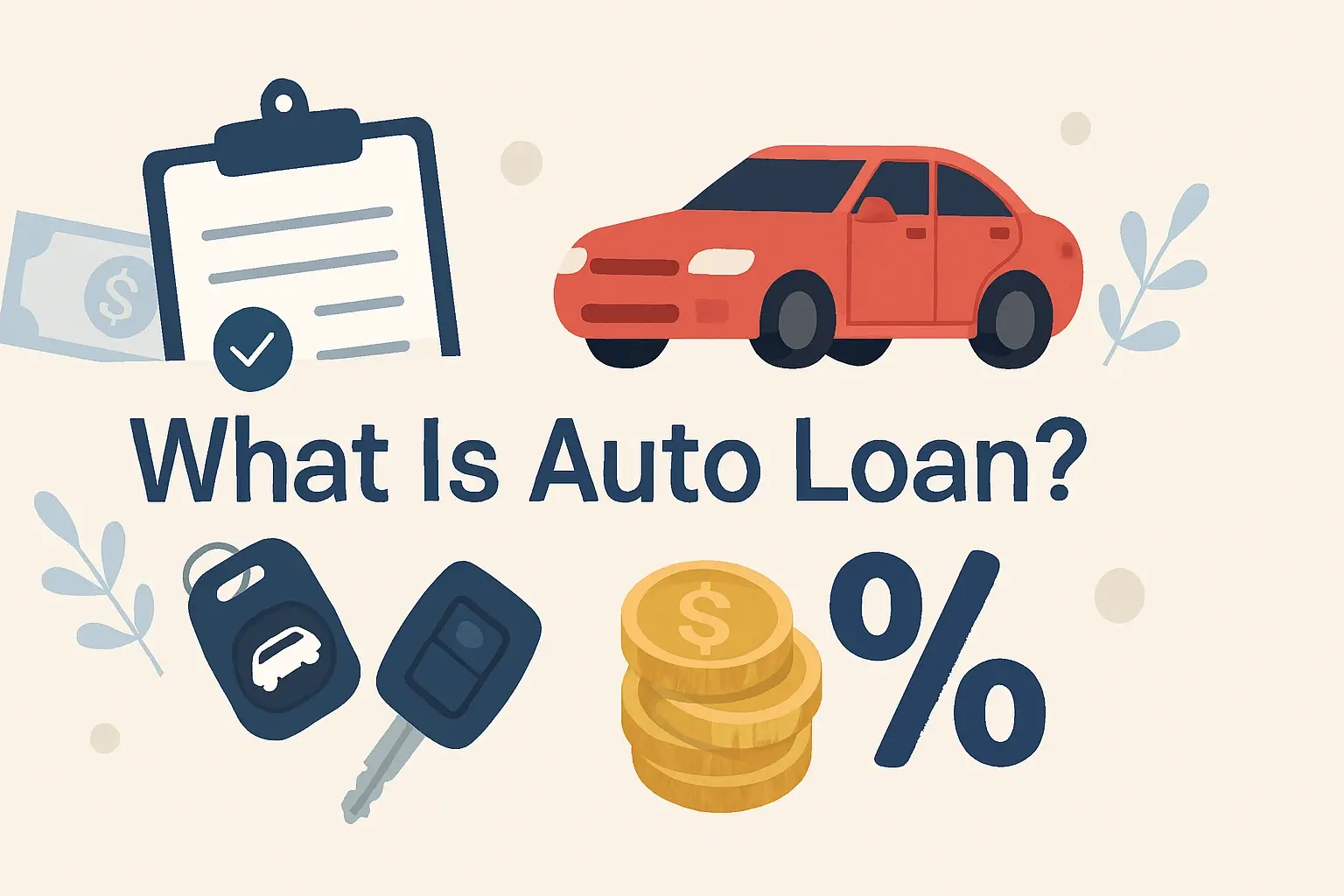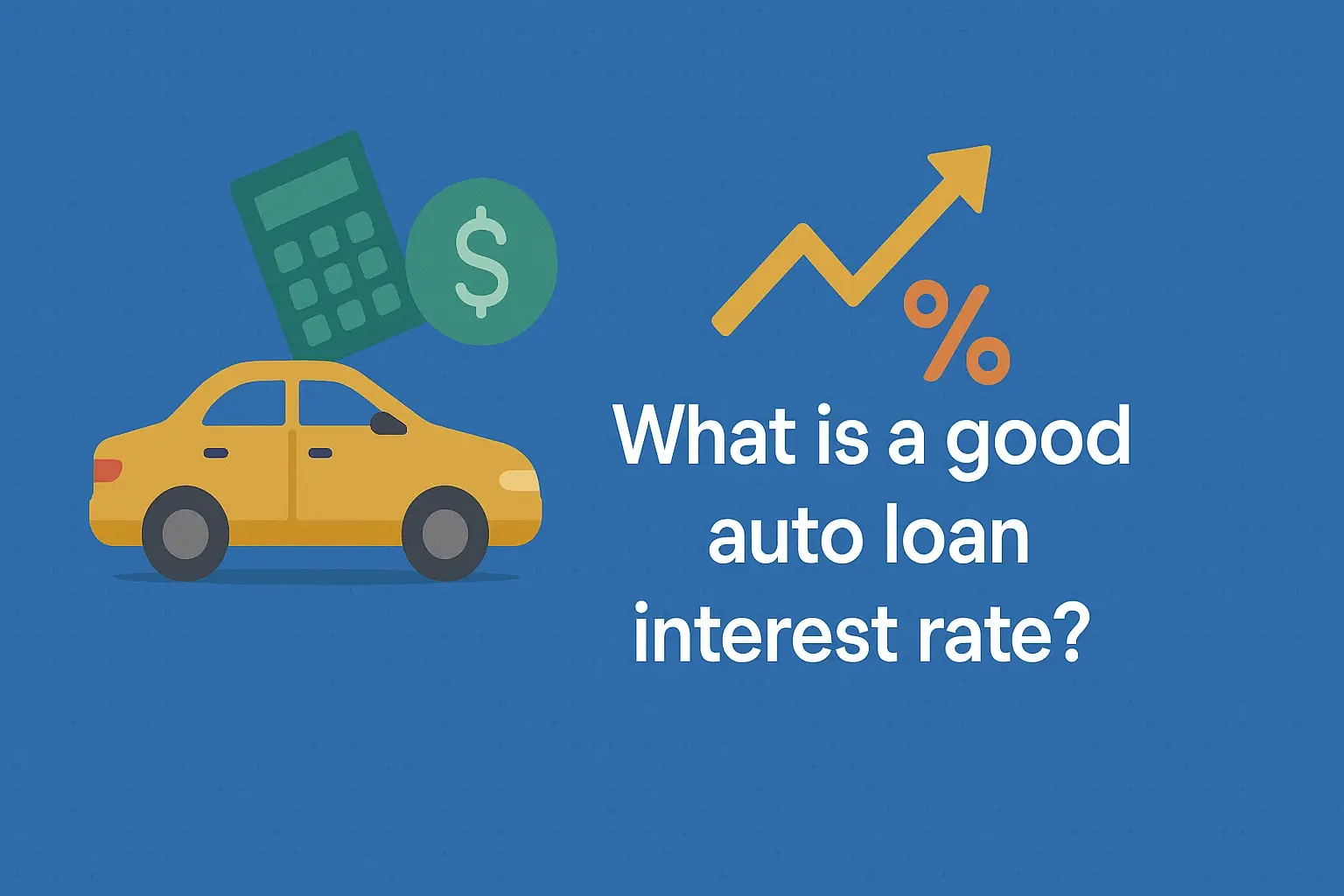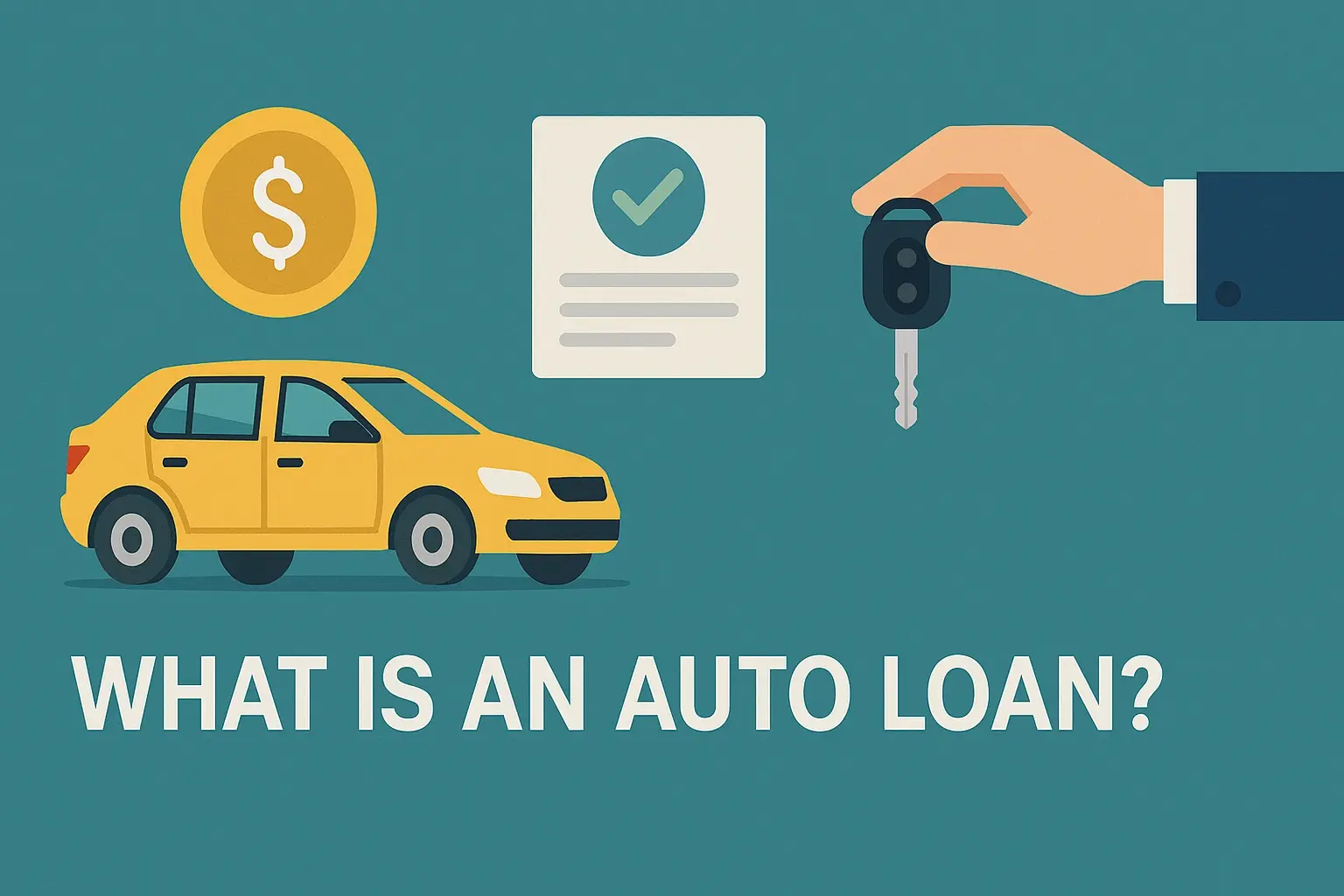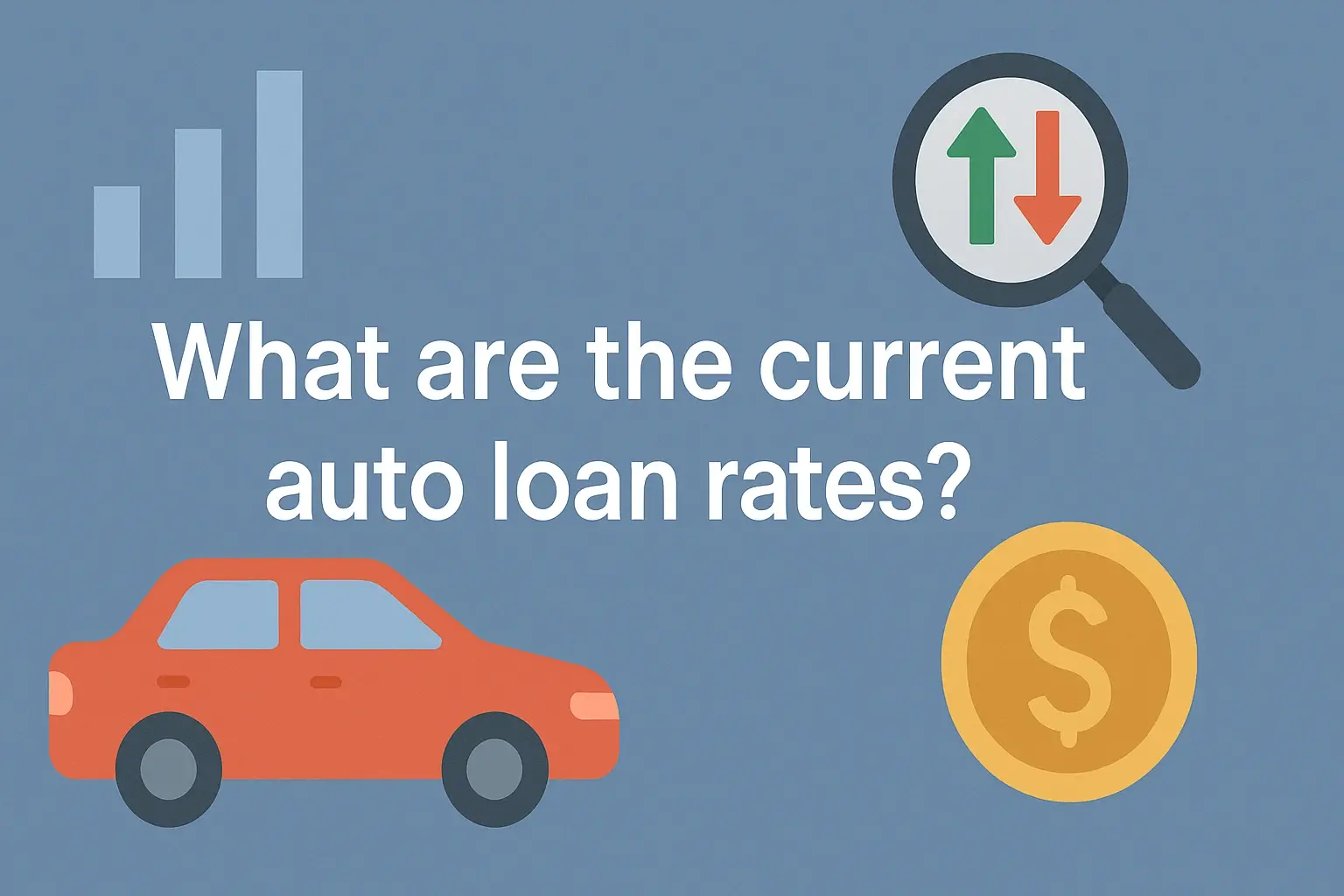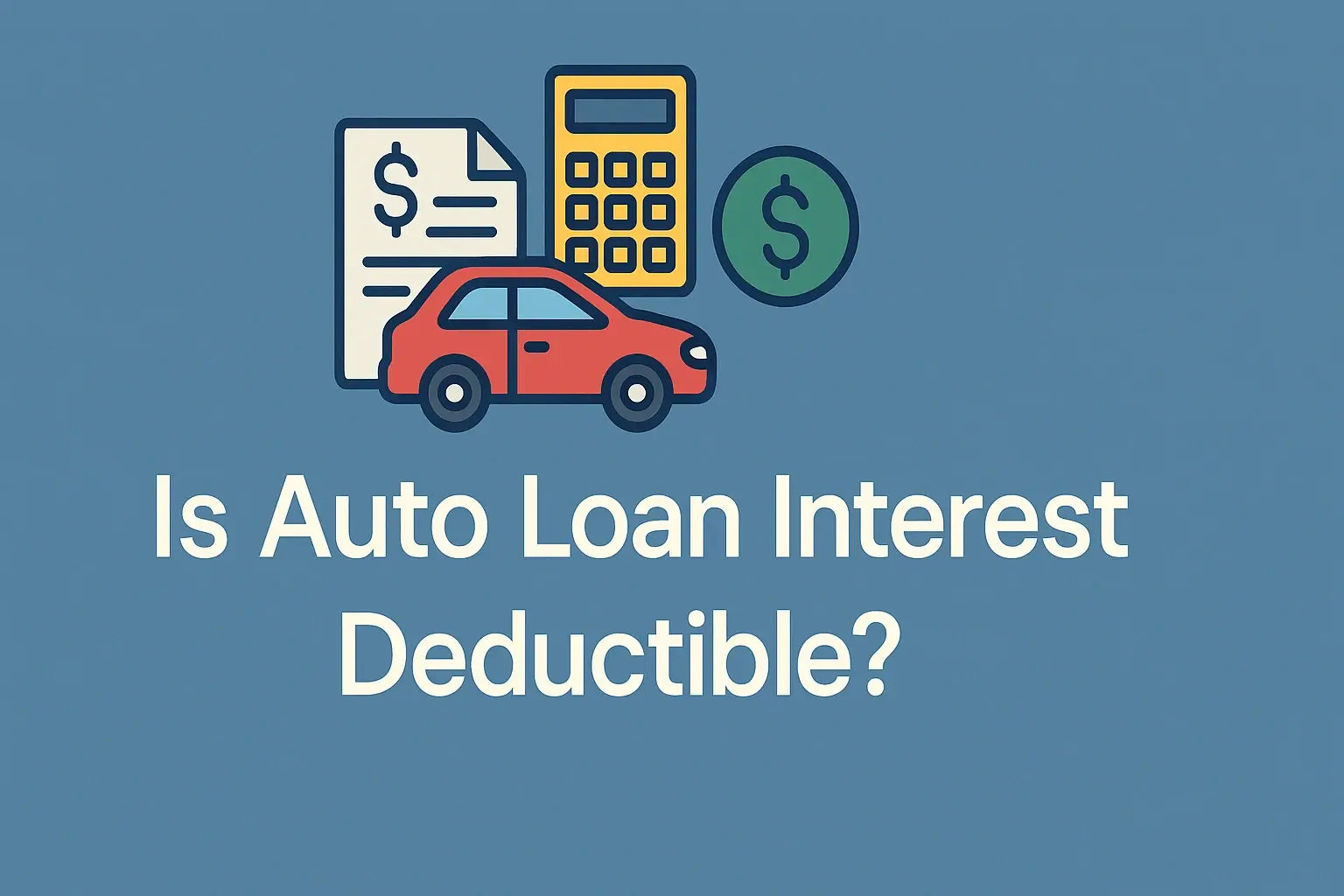-
Posted on: 26 Jul 2024

-
Yes, you can absolutely buy a house with a 717 credit score! This score generally falls into the "good" to "very good" range, opening doors to favorable mortgage options and competitive interest rates in 2025. Let's explore what this means for your homeownership journey.
Understanding Your 717 Credit Score
Before diving into the specifics of homeownership, it's crucial to understand where a 717 credit score stands in the broader credit landscape of 2025. Credit scores are numerical representations of your creditworthiness, calculated based on your credit history. Lenders use these scores to assess the risk associated with lending you money. The most common credit scoring model is the FICO score, which ranges from 300 to 850. Other models, like VantageScore, also exist, but FICO remains the industry standard for mortgage lending.
FICO Score Ranges in 2025
Here's a general breakdown of FICO score ranges and what they typically signify:
- Exceptional: 800-850 (Lowest risk, best terms)
- Very Good: 740-799 (Low risk, excellent terms)
- Good: 670-739 (Moderate risk, good terms)
- Fair: 580-669 (Higher risk, less favorable terms)
- Poor: 300-579 (High risk, difficult to obtain credit)
As you can see, a 717 credit score comfortably sits within the "Good" to "Very Good" range. This is a significant advantage when applying for a mortgage. It indicates to lenders that you have a history of responsible credit management, making you a less risky borrower. This doesn't mean you'll get the absolute best rates available (those are typically reserved for scores in the 800+ range), but it positions you very well for competitive offers.
Factors Influencing Your Credit Score
Your 717 credit score is a result of several key factors:
- Payment History (35%): This is the most critical factor. Consistently paying bills on time, every time, is paramount. Late payments, defaults, and bankruptcies can significantly damage your score.
- Amounts Owed (30%): This refers to your credit utilization ratio – the amount of credit you're using compared to your total available credit. Keeping this ratio low (ideally below 30%) is beneficial.
- Length of Credit History (15%): The longer you've had credit accounts open and managed them responsibly, the better.
- Credit Mix (10%): Having a mix of different credit types (e.g., credit cards, installment loans) can be positive, showing you can manage various forms of debt.
- New Credit (10%): Opening too many new accounts in a short period can temporarily lower your score, as it might suggest financial distress.
Understanding these components helps you appreciate why your 717 score is where it is and what areas you might focus on if you're looking to improve it further. For most aspiring homeowners, a 717 is a solid foundation.
Can You Get a Mortgage with a 717 Credit Score?
The straightforward answer is a resounding yes. A 717 credit score is generally considered strong enough by most lenders to qualify for a mortgage in 2025. While there isn't a single, universal credit score requirement for all mortgages, lenders typically look for scores above 620 for conventional loans. Scores in the 700s, like yours, significantly increase your chances of approval and often lead to better loan terms.
Minimum Credit Score Requirements by Loan Type (2025 Estimates)
Here's a look at typical minimum credit score requirements for different types of mortgages. These are general guidelines, and individual lender policies can vary:
Loan Type Typical Minimum Credit Score Notes Conventional Loans (Fannie Mae/Freddie Mac) 620 Higher scores (like 717) lead to better rates and lower Private Mortgage Insurance (PMI). FHA Loans (Federal Housing Administration) 580 (with 3.5% down payment)
500-579 (with 10% down payment)More lenient credit requirements, but higher mortgage insurance premiums (MIP). VA Loans (Department of Veterans Affairs) No official minimum set by VA, but lenders often require 620+ For eligible veterans, active-duty military, and surviving spouses. No down payment typically required. USDA Loans (U.S. Department of Agriculture) No official minimum set by USDA, but lenders often require 640+ For eligible rural and suburban homebuyers. No down payment typically required. With a 717 credit score, you are well above the minimum for conventional loans, which are often the most sought-after due to their flexibility and potential for lower costs over time (especially if you can avoid PMI with a larger down payment). You also comfortably meet the requirements for FHA, VA, and USDA loans, should those programs align better with your financial situation or homeownership goals.
Beyond the Score: Other Qualifying Factors
While your credit score is a critical piece of the puzzle, lenders will also assess other aspects of your financial profile to determine your eligibility for a mortgage:
- Income and Employment Stability: Lenders want to see a consistent and sufficient income to cover your mortgage payments. They'll typically look at your employment history (usually at least two years in the same field or with the same employer) and your debt-to-income ratio (DTI).
- Debt-to-Income Ratio (DTI): This ratio compares your total monthly debt payments (including the proposed mortgage payment, property taxes, insurance, and any other loans/credit cards) to your gross monthly income. Lenders generally prefer a DTI of 43% or lower, though this can vary. A 717 credit score can sometimes allow for slightly higher DTIs with certain lenders.
- Down Payment: The amount of money you can put down upfront impacts your loan-to-value (LTV) ratio and can influence your interest rate and the need for mortgage insurance.
- Assets and Reserves: Lenders will want to see that you have sufficient funds for closing costs, moving expenses, and potentially a few months of mortgage payments in reserve.
A 717 credit score gives you a strong starting point, but ensuring the rest of your financial picture is in order will pave the way for a smoother and more successful mortgage application process.
Impact of a 717 Credit Score on Mortgage Rates
This is where your 717 credit score truly shines. Mortgage interest rates are heavily influenced by your creditworthiness. A higher credit score signals to lenders that you are a lower risk, and in return, they offer you a lower interest rate. This can translate into significant savings over the life of your loan.
How Credit Scores Affect Interest Rates
Let's look at how different credit score tiers might impact the interest rate you could receive on a mortgage in 2025. These are illustrative examples and actual rates will fluctuate based on market conditions, lender policies, and other borrower-specific factors.
Credit Score Range Estimated Interest Rate (30-Year Fixed) Estimated Monthly P&I (on $300,000 loan) Estimated Total Interest Paid (over 30 years) 800+ (Exceptional) 6.50% $1,896.34 $382,681.70 740-799 (Very Good) 6.75% $1,947.35 $399,046.00 717 (Good) 7.00% $2,000.00 $417,999.98 670-739 (Good) 7.25% $2,049.79 $437,924.89 580-669 (Fair) 8.00% $2,201.29 $492,464.90 Note: These rates are hypothetical for illustrative purposes as of early 2025 and do not represent actual loan offers. Market conditions and individual lender pricing will vary.
As you can see from the table, even a difference of a quarter or half a percent in interest rate can lead to hundreds of dollars more in monthly payments and tens of thousands of dollars more in total interest paid over 30 years. A 717 credit score places you in a favorable position, likely securing a rate significantly lower than someone with a "Fair" credit score.
The Role of Loan-to-Value (LTV)
It's important to remember that your credit score isn't the only factor determining your interest rate. The loan-to-value (LTV) ratio also plays a crucial role. LTV is the ratio of the loan amount to the appraised value of the home. A lower LTV (meaning a larger down payment) generally leads to a lower interest rate, regardless of your credit score.
For instance, if you have a 717 credit score but a very high LTV (e.g., 95% LTV with only a 5% down payment), your interest rate might be slightly higher than if you had the same score but a lower LTV (e.g., 80% LTV with a 20% down payment).
Shopping Around for the Best Rate
Even with a strong 717 credit score, it's essential to shop around and compare offers from multiple lenders. Different lenders have different pricing models and risk appetites. You might find that one lender offers a slightly better rate or more favorable terms than another for borrowers with your credit profile. This diligence can save you substantial money.
Consider working with a mortgage broker who can shop your application across various lenders on your behalf. This can be particularly helpful in finding the best deal for your specific situation.
Types of Mortgages Available with a 717 Credit Score
A 717 credit score opens up a wide array of mortgage options in 2025, giving you flexibility in choosing the loan that best suits your financial situation and homeownership goals. Here's a breakdown of the most common types:
Conventional Mortgages
These are loans not backed by a government agency. They are often the preferred choice for borrowers with good credit. Conventional loans can be conforming (meeting the guidelines set by Fannie Mae and Freddie Mac) or non-conforming (jumbo loans for amounts exceeding conforming limits).
- Pros: Generally offer competitive interest rates, flexible loan terms, and the potential to eliminate Private Mortgage Insurance (PMI) once you reach 20% equity. With a 717 score, you'll likely qualify for conforming conventional loans.
- Cons: Typically require a higher credit score (often 620+) and a down payment (though some programs allow as low as 3%). PMI is usually required for down payments less than 20%.
- For a 717 Score: You are a strong candidate for conventional loans. You'll likely qualify for the best available rates within this category, and if you put down 20% or more, you can avoid PMI altogether.
FHA Loans
Insured by the Federal Housing Administration, FHA loans are designed to help low-to-moderate-income borrowers and those with less-than-perfect credit achieve homeownership.
- Pros: More lenient credit score requirements (as low as 580 with 3.5% down, or even 500 with 10% down), making them accessible to a broader range of borrowers. They also allow for gift funds for the down payment.
- Cons: Require an upfront Mortgage Insurance Premium (UFMIP) and annual MIP, which can be more expensive than PMI on conventional loans. These premiums are paid for the life of the loan in most cases with less than 10% down.
- For a 717 Score: While you qualify for an FHA loan with a 717 score, it might not be the most cost-effective option compared to a conventional loan, especially considering the MIP. However, if you have limited funds for a down payment and your credit history has a few blemishes, an FHA loan could still be a viable path.
VA Loans
Guaranteed by the Department of Veterans Affairs, VA loans are available to eligible veterans, active-duty military personnel, and surviving spouses. They offer significant benefits.
- Pros: Often require no down payment, no PMI, and competitive interest rates. They are a fantastic benefit for those who have served.
- Cons: A VA funding fee is required (though this can be waived for some veterans with service-connected disabilities). Lenders typically have their own minimum credit score requirements, often around 620, even though the VA itself doesn't set a minimum.
- For a 717 Score: If you are eligible, a VA loan is an excellent option. Your 717 credit score will likely meet lender requirements, allowing you to take advantage of the no-down-payment and no-PMI benefits.
USDA Loans
These loans are offered by the U.S. Department of Agriculture for eligible rural and suburban homebuyers. They are designed to promote homeownership in designated areas.
- Pros: Typically require no down payment and offer competitive interest rates.
- Cons: Property must be located in an eligible rural or suburban area, and borrowers must meet income eligibility requirements. Lenders usually require a credit score of 640 or higher.
- For a 717 Score: If you're looking to buy in an eligible area and meet the income criteria, a USDA loan is a great option. Your 717 score comfortably meets the typical lender requirements.
Non-Qualified Mortgages (Non-QM)
These are loans that do not meet the standards of qualified mortgages, often due to borrower circumstances like fluctuating income (self-employed individuals) or lower credit scores. However, some non-QM loans are designed for borrowers with excellent credit but unique situations.
- Pros: Can offer more flexibility for borrowers who don't fit traditional lending molds.
- Cons: Often come with higher interest rates and fees compared to qualified mortgages.
- For a 717 Score: While a 717 score is generally good enough for qualified mortgages, if you have a complex financial situation that makes qualifying difficult, exploring non-QM options might be a last resort, but be prepared for potentially higher costs.
Your 717 credit score makes you a prime candidate for conventional loans, which are often the most beneficial. However, don't overlook the advantages of FHA, VA, or USDA loans if they align with your specific circumstances and eligibility. Always discuss your options with a mortgage lender or broker to determine the best fit.
Steps to Buying a House with a 717 Credit Score
Owning a home is a significant milestone, and with a 717 credit score, you're well-positioned to achieve it. The process, while detailed, is manageable. Here's a step-by-step guide to navigating your home purchase in 2025:
Step 1: Assess Your Financial Readiness
Before anything else, take a hard look at your finances. With a 717 credit score, you've demonstrated financial responsibility, but a mortgage is a substantial commitment.
- Review Your Credit Report: Ensure accuracy and identify any potential issues. You can get free reports annually from AnnualCreditReport.com.
- Calculate Your Budget: Determine how much you can realistically afford for a monthly mortgage payment, including principal, interest, taxes, and insurance (PITI). Use online mortgage affordability calculators.
- Save for a Down Payment: While some loans require no down payment, putting more down can lower your monthly payments and potentially secure a better interest rate. Aim for at least 3-5% for conventional or FHA loans, or 20% to avoid PMI.
- Gather Funds for Closing Costs: These typically range from 2% to 5% of the loan amount and cover appraisal fees, title insurance, lender fees, and more.
- Check Your Savings for Reserves: Lenders like to see that you have funds to cover a few months of mortgage payments after closing.
Step 2: Get Pre-Approved for a Mortgage
This is a crucial step that significantly strengthens your position as a buyer.
- Shop for Lenders: Compare offers from banks, credit unions, and mortgage brokers. Your 717 score will make you attractive to many.
- Submit Your Application: You'll need to provide documentation like pay stubs, W-2s, tax returns, and bank statements.
- Receive a Pre-Approval Letter: This letter states the maximum loan amount you're approved for, based on your credit score, income, and assets. It shows sellers you are a serious and qualified buyer.
Pro Tip: A pre-approval is more robust than pre-qualification. Pre-qualification is an estimate, while pre-approval involves a more thorough review of your financial information.
Step 3: Find a Real Estate Agent
A good agent is invaluable. They understand the local market, can help you find suitable properties, negotiate offers, and guide you through the complexities of the transaction.
- Seek Referrals: Ask friends, family, or colleagues for recommendations.
- Interview Agents: Look for someone with experience in your desired area and price range.
- Understand Their Role: Your agent represents your interests throughout the buying process.
Step 4: House Hunting
With your pre-approval in hand and an agent by your side, the exciting part begins!
- Define Your Needs: Consider location, size, number of bedrooms/bathrooms, and essential features.
- Attend Open Houses and Schedule Showings: Explore properties that fit your criteria.
- Be Realistic: Your pre-approval amount is your maximum; aim to stay within your comfortable budget.
Step 5: Make an Offer
Once you find "the one," it's time to make an offer.
- Work with Your Agent: They will help you determine a competitive offer price based on comparable sales in the area.
- Include Contingencies: Common contingencies include financing (your loan approval), appraisal (the home's value meeting the loan amount), and inspection (ensuring the home is structurally sound).
- Negotiate Terms: The seller may accept, reject, or counter your offer.
Step 6: Underwriting and Appraisal
Once your offer is accepted, the lender's underwriting process begins.
- Formal Mortgage Application: You'll finalize your mortgage application.
- Home Appraisal: The lender will order an appraisal to determine the fair market value of the home. This protects the lender (and you) from overpaying.
- Underwriter Review: The underwriter will meticulously review all your financial documentation and the appraisal to give final loan approval.
Step 7: Home Inspection
This is a critical contingency to protect you.
- Hire a Qualified Inspector: They will examine the home's structure, systems (electrical, plumbing, HVAC), roof, foundation, and more.
- Review the Report: Based on the findings, you can negotiate repairs with the seller or, if major issues are found, potentially withdraw your offer (depending on the contract terms).
Step 8: Final Loan Approval and Closing
After satisfying all contingencies and underwriting, you'll receive final loan approval.
- Secure Homeowners Insurance: You'll need to provide proof of insurance to the lender.
- Final Walk-Through: Shortly before closing, you'll do a final walk-through to ensure the property is in the agreed-upon condition.
- Closing Day: You'll sign all the necessary paperwork, pay your closing costs and down payment, and receive the keys to your new home!
Your 717 credit score is a significant asset throughout this process, making it smoother and more likely to result in favorable terms. Stay organized, communicate with your team (agent and lender), and you'll be well on your way to homeownership.
What to Expect During the Mortgage Process
Securing a mortgage is a detailed process, and understanding what lies ahead can alleviate stress and help you prepare. With a 717 credit score, you're in a good position, but diligence is still key.
The Initial Application and Documentation
Once you've chosen a lender and are ready to apply, expect a thorough review of your financial history. Lenders need to verify your ability to repay the loan.
- Required Documents: Be prepared to provide:
- Proof of income (recent pay stubs, W-2s, 1099s, tax returns for the past two years)
- Bank statements (checking, savings, investment accounts)
- Identification (driver's license, passport)
- Information on existing debts (credit card statements, loan account numbers)
- Gift letters (if applicable, for down payment funds)
- Divorce decrees or bankruptcy discharge papers (if applicable)
- Loan Estimate: Within three business days of applying, you'll receive a Loan Estimate (LE). This document outlines the estimated loan terms, interest rate, monthly payment, and closing costs. Review it carefully and compare it to your Loan Estimate from other lenders.
Underwriting: The Deep Dive
This is where the lender's underwriter meticulously examines your application to assess the risk. They verify all the information you've provided and ensure you meet the lender's and loan program's guidelines.
- Verification: Underwriters will verify employment, income, assets, and credit history. They may contact your employer or financial institutions.
- Debt-to-Income (DTI) Ratio Calculation: They will precisely calculate your DTI to ensure it falls within acceptable limits.
- Appraisal Review: The underwriter will review the home appraisal to confirm the property's value supports the loan amount.
- Conditions: You may be asked to provide additional documentation or clarification during this phase. Respond promptly to avoid delays.
The Appraisal
The appraisal is an independent assessment of the property's market value. It's ordered by the lender but paid for by you.
- Purpose: To ensure the home is worth at least the amount you're borrowing. This protects the lender from lending more than the property is worth and protects you from overpaying.
- Process: A licensed appraiser will visit the property, assess its condition, features, and compare it to recent sales of similar homes in the area.
- Potential Issues: If the appraisal comes in lower than the agreed-upon purchase price, you may need to renegotiate with the seller, increase your down payment, or potentially walk away from the deal (if your contract allows).
Title Search and Insurance
Before closing, a title company will conduct a thorough title search to ensure the seller has clear ownership of the property and that there are no liens or encumbrances (like unpaid taxes or other claims) against it.
- Title Insurance: You (and the lender) will purchase title insurance policies. Lender's title insurance protects the lender's investment, while owner's title insurance protects your equity in the property.
The Closing Disclosure (CD)
At least three business days before closing, you will receive the Closing Disclosure (CD). This document provides the final, official details of your loan terms and closing costs.
- Compare to LE: Carefully compare the CD to your initial Loan Estimate. Significant discrepancies should be questioned immediately.
- Final Costs: The CD will detail the exact amount of money you need to bring to closing.
Closing Day
This is the culmination of the process.
- Signing Documents: You'll sign a large volume of legal documents, including the mortgage note (your promise to repay the loan) and the deed of trust (which gives the lender a claim on the property if you default).
- Payment of Funds: You'll provide the remaining down payment and closing costs, typically via a cashier's check or wire transfer.
- Receiving the Keys: Once all documents are signed and funds are transferred, you officially own the home!
Throughout this process, maintaining open communication with your loan officer and real estate agent is paramount. Your 717 credit score provides a strong foundation, but staying organized and responsive will ensure a smooth journey to closing.
Improving Your Chances Even Further
While a 717 credit score is excellent, there are always ways to strengthen your position even further, potentially securing even better mortgage rates and terms in 2025. These improvements can also benefit your overall financial health.
1. Boost Your Credit Score (If Possible)
Even a small increase in your credit score can sometimes lead to a lower interest rate. Focus on the factors that impact your score the most:
- Pay Down Credit Card Balances: Aim to lower your credit utilization ratio. Keeping it below 30% is good, but below 10% is even better. Paying down balances before applying for a mortgage can have a quick positive impact.
- Avoid New Credit Applications: Refrain from opening new credit cards or taking out new loans in the months leading up to your mortgage application, as this can temporarily lower your score.
- Dispute Errors: Review your credit reports from all three bureaus (Equifax, Experian, TransUnion) and dispute any inaccuracies. Even small errors can affect your score.
2. Save for a Larger Down Payment
Increasing your down payment is one of the most effective ways to improve your mortgage terms.
- Reduce Loan Amount: A larger down payment means you borrow less, resulting in lower monthly payments and less interest paid over time.
- Avoid PMI: Putting down 20% or more on a conventional loan eliminates the need for Private Mortgage Insurance, saving you a significant monthly expense.
- Lower LTV: A lower Loan-to-Value (LTV) ratio is viewed favorably by lenders, potentially leading to better interest rates.
3. Reduce Your Debt-to-Income (DTI) Ratio
Lenders look closely at your DTI. Lowering your overall debt burden can make you a more attractive borrower.
- Pay Down Existing Loans: Focus on paying down car loans, student loans, or personal loans. Even making extra payments can help reduce your overall debt load.
- Avoid New Debt: As mentioned earlier, refrain from taking on new debt before or during the mortgage application process.
4. Demonstrate Financial Stability and Reserves
Lenders want to see a stable financial history and sufficient funds for unexpected expenses.
- Maintain Consistent Employment: Lenders prefer to see a steady employment history, ideally at least two years in the same field or with the same employer.
- Build Savings: Having a healthy savings account beyond your down payment and closing costs shows you are financially responsible and prepared for emergencies. This can include funds for home repairs or temporary income disruptions.
5. Understand Different Loan Programs
While conventional loans are often ideal with a 717 score, explore all options.
- Research First-Time Homebuyer Programs: Many states and local municipalities offer programs with down payment assistance, grants, or lower interest rates for first-time homebuyers. Your 717 score will likely qualify you for these programs.
- Consider Different Loan Terms: While 30-year fixed-rate mortgages are common, explore 15-year terms for lower interest rates and faster equity building, or adjustable-rate mortgages (ARMs) if you plan to move or refinance before the fixed period ends.
6. Work with a Reputable Mortgage Broker
A good mortgage broker can be an invaluable ally.
- Access to Multiple Lenders: They can shop your application across a wide range of lenders to find the best rates and terms tailored to your specific situation.
- Expert Guidance: They can advise you on the best loan products and strategies to optimize your application, especially if you have unique financial circumstances.
By implementing these strategies, you can solidify your position as a highly desirable mortgage candidate, potentially securing a loan that is not only approved but also offers the most favorable financial terms available in the 2025 market.
Common Pitfalls to Avoid
Even with a strong 717 credit score, navigating the mortgage process can present challenges. Being aware of common pitfalls can help you avoid costly mistakes and ensure a smoother path to homeownership.
1. Making Major Financial Changes Before or During the Process
Lenders assess your financial stability at the time of application and often re-verify closer to closing. Any significant changes can jeopardize your loan approval.
- Avoid Large Purchases: Do not buy a new car, furniture, or other significant items on credit. This increases your debt and lowers your credit score.
- Don't Change Jobs: Unless absolutely necessary, avoid changing employers or taking a pay cut. Lenders want to see stability.
- Limit New Credit: Opening new credit cards or applying for loans can negatively impact your credit score and DTI.
- Be Cautious with Cash: Avoid large, unexplained cash deposits into your bank accounts. Lenders need to source all funds. Document any large cash gifts thoroughly.
2. Not Shopping Around for Lenders
Assuming all lenders offer the same rates and terms is a common mistake. Interest rates can vary significantly between lenders, even for borrowers with the same credit score.
- Impact on Cost: Even a small difference in interest rate can amount to tens of thousands of dollars over the life of a 30-year mortgage.
- Explore Options: Compare Loan Estimates from at least 3-5 different lenders (banks, credit unions, mortgage brokers) to ensure you're getting the best deal.
3. Ignoring Your Credit Report and Score
While your 717 score is good, it's crucial to ensure its accuracy and understand its components.
- Check for Errors: Disputing inaccuracies can sometimes lead to a score increase.
- Understand the Impact: Knowing what affects your score helps you avoid actions that could lower it.
4. Underestimating Closing Costs and Reserves
Many buyers focus solely on the down payment and overlook other essential costs.
- Closing Costs: These can include appraisal fees, title insurance, lender fees, attorney fees, recording fees, and prepaid items like property taxes and homeowners insurance. Budget 2-5% of the loan amount.
- Reserves: Lenders often require you to have funds in reserve (typically 2-6 months of mortgage payments) to demonstrate financial stability.
5. Not Getting Pre-Approved Early
Some buyers start house hunting before getting pre-approved. This can lead to disappointment.
- Budget Clarity: Pre-approval gives you a clear understanding of your borrowing power, helping you focus your search on affordable homes.
- Stronger Offers: A pre-approval letter makes your offer more competitive to sellers, showing you are a serious and qualified buyer.
6. Misunderstanding Loan Terms and Conditions
Not fully understanding the details of your mortgage can lead to surprises later.
- Read Everything: Carefully review your Loan Estimate and Closing Disclosure. Ask your loan officer to explain anything you don't understand.
- Types of Mortgages: Be clear on whether you're getting a fixed-rate or adjustable-rate mortgage (ARM) and understand the implications of each.
7. Relying Solely on Online Calculators
Online mortgage calculators are helpful for estimates but don't replace a formal pre-approval.
- Simplified Assumptions: They often use simplified assumptions and don't account for all the nuances of your personal financial situation or current market conditions.
8. Neglecting Home Inspections
Skipping or rushing a home inspection to save money or speed up the process is a significant risk.
- Discover Hidden Problems: An inspection can uncover costly issues with the roof, foundation, plumbing, electrical systems, or HVAC that you wouldn't otherwise see.
- Negotiation Power: Findings from an inspection can give you leverage to negotiate repairs or a price reduction with the seller.
By being aware of these common pitfalls and taking proactive steps to avoid them, you can navigate the mortgage process with confidence, leveraging your 717 credit score to your maximum advantage.
Conclusion: Your Path to Homeownership
The question, "Can I buy a house with a 717 credit score?" is answered with a resounding yes! In 2025, a credit score of 717 places you firmly in the "good" to "very good" category, significantly improving your chances of mortgage approval and opening the door to competitive interest rates. This score demonstrates a history of responsible credit management, making you an attractive borrower to lenders.
With a 717 credit score, you are well-positioned to qualify for conventional mortgages, which often offer the most flexibility and favorable terms. You also remain eligible for government-backed programs like FHA, VA, and USDA loans, should they better suit your specific circumstances. The key is to leverage this strong credit foundation by diligently preparing your finances, getting pre-approved early, and shopping around for the best mortgage offers. Remember to consider your down payment, debt-to-income ratio, and savings for closing costs and reserves, as these factors also play a crucial role in the lending decision.
While your credit score is a powerful asset, avoiding common pitfalls such as making major financial changes during the process, failing to shop around, or underestimating closing costs is vital. By understanding the mortgage process, staying organized, and working with experienced professionals like real estate agents and mortgage brokers, you can navigate the journey to homeownership smoothly and confidently. Your 717 credit score is not a barrier but a strong enabler on your path to achieving your dream of owning a home.







